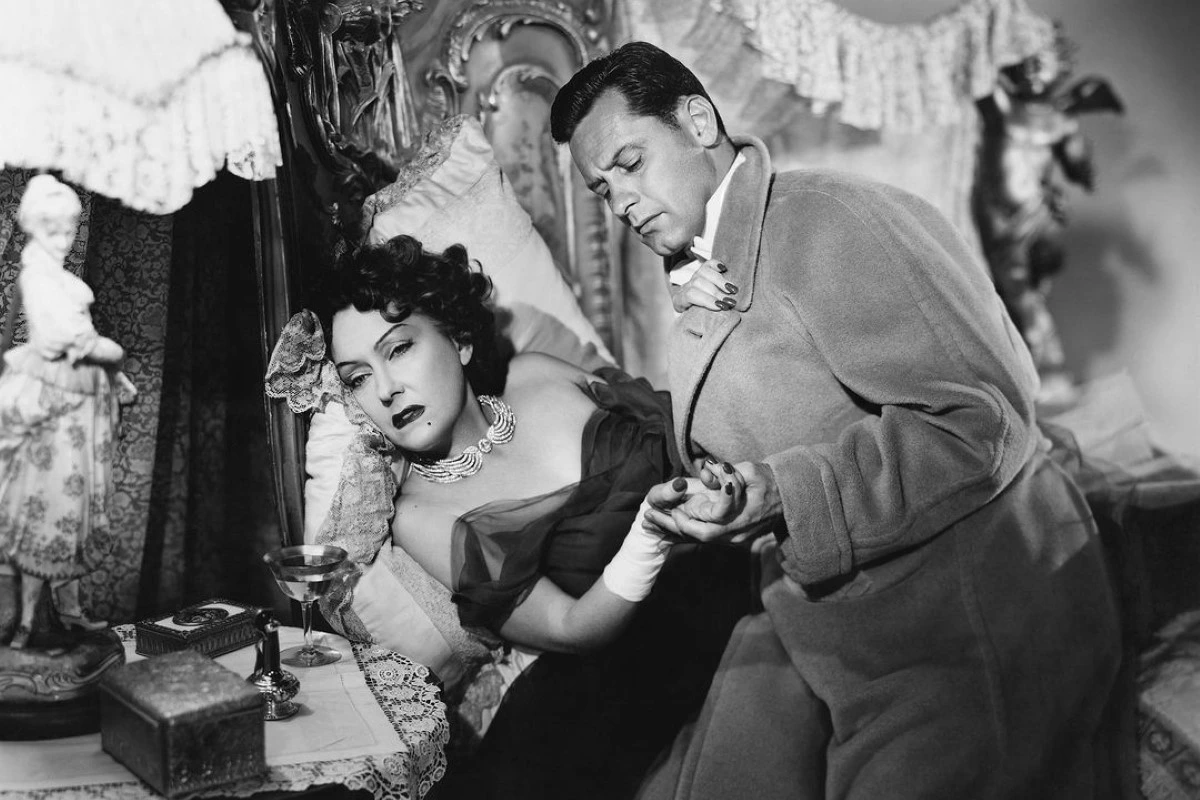Then comes Abbas Kiarostami’s Close-up (1990), which is scheduled for 12th November at the same venue. This film blurs the line between fiction and documentary and delves into themes of deception and identity.
On 24th November, the Salle Garnier will host a screening of Louis Malle’s Ascenseur pour l’échafaud (1957), a noir genre film accompanied by Miles Davis’s iconic musical talent. This screening is part of the ‘Jazz et Cinéma’ series.
See more: The masterpieces of Puccini: Opéra de Monte-Carlo to honour late Italian composer this autumn
The ‘Tout l’Art du Cinéma’ programme continues through the winter months with films such as Loin du Paradis (2001) by Todd Haynes on 26th November and A Man (2022) by Kei Ishikawa on 3rd December. Both films explore themes of identity and illusion, drawing attention to the often-unseen layers of human experience.
A theme that runs throughout the season is the intersection of film and other art forms. For example, Rouben Mamoulian’s La Belle de Moscou (1956) will be screened at the Grimaldi Forum on 15th December as part of the ‘Danse et Cinéma’ series.
January 2025 will feature screenings of Fritz Lang’s Le Diabolique Docteur Mabuse (1960) and Georges Perec’s Un Homme Qui Dort (1973), further exploring the tension between reality and fiction, societal control, and individual agency.
A special workshop/conference featuring actress and filmmaker Noémie Lvovsky will take place on 20th January at the Théâtre des Variétés, before the month concludes with Agent Trouble (1987) by Jean-Pierre Mocky on 28th January.
Read more: Monaco International Organ Festival to celebrate traditions and new talent
In February, the programme will continue with Alain Resnais’ Mélo (1986), which will be screened at the Théâtre Princesse Grace on 4th February. On 9th February, Meurtre à l’Italienne (1959) by Pietro Germi will be shown at the Cinéma de Beaulieu.
Later in the month, on 25th February, Claude Chabrol’s Les Bonnes Femmes (1960) will be shown in Monaco.
March will kick off with Dans les Champs de Bataille (2003) by Danielle Arbid on 4th March at the Théâtre des Variétés, followed by Francesco Rosi’s Main Basse sur la Ville (1963) on 11th March.
On 18th March, Ernst Lubitsch’s classic Ninotchka (1939), featuring the transformation of Greta Garbo’s stern Soviet character in a witty romantic satire set in Paris, will be revived before the final, and more recent, film of the month: Brendan et le Secret de Kells (2008) on 25th March.
See more: Ballets de Monte-Carlo: Monaco Dance Forum and ‘The Taming of the Shrew’ among winter highlights
In April, the programme will feature: Hala Elkoussy’s East of Noon (2024), an Egyptian film that blends fantasy and socio-political commentary; Max et Jérémie (1992) by Claire Devers; Jean Epstein’s silent film La Chute de la Maison Usher (1928), which will be accompanied by live music from pianist Christian Leroy; and John Carpenter’s Le Village des Damnés (1994).
The season continues into May, with titles such as Juste Sous Vos Yeux (2021) by Hong Sang-soo and La Nouvelle Babylone (1929), directed by Kozintsev and Trauberg.
The final screening of the season, Toni Erdmann (2014) by Maren Ade, will take place on 10th June at the Théâtre des Variétés.
Throughout the season, the Institut Audiovisuel de Monaco will also present several sessions dedicated to educational and archival cinema. These include partnerships with Télé Monte-Carlo, featuring programming information and films from the station’s early days.
